Sleepless One
Insomniac code gorilla. I help maintain lemmy-ui and, to a lesser extent, Lemmy’s backend.
- 16 Posts
- 133 Comments
socialism is when sno house
Socialism in one igloo.

 2·13 hours ago
2·13 hours agoI’m curious, have you ever discussed your beliefs with any of them?
Beyond the occasional Marxist dogwhistle, no.
To the rest of your comment, that does sound like a good way to go about it. I bring up easier to broach anti-imperialist topics when something relevant comes up. Some stuff would be a bit more random to broach, like Operation Gladio or something. You’re definitely right that I should do this gradually, because if I get too frustrated I might end up hastily burning bridges I’d rather keep intact.

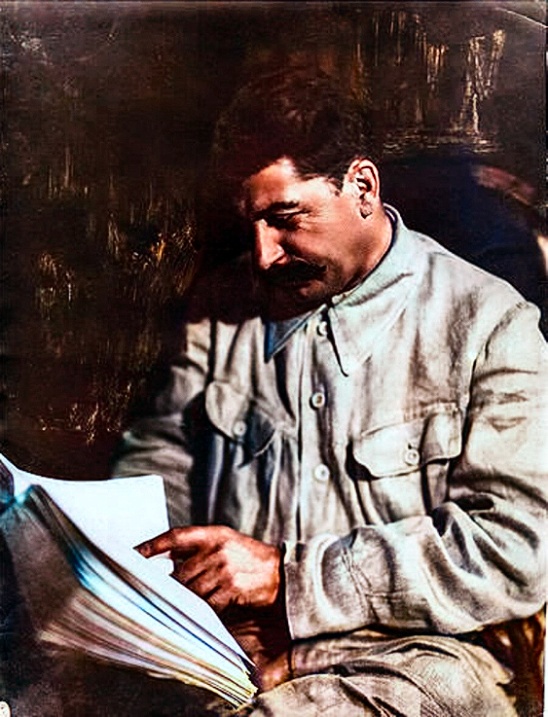 6·1 day ago
6·1 day agoTake notes, American longshoremen union.

 9·2 days ago
9·2 days agoStupid friends aren’t friends worth having. Start a fight with them all.
I’d probably do that if they weren’t my only friends and I’m shit at making friends.

 8·2 days ago
8·2 days agoThe people who are willing to split up a community over their electoral politics are not likely to be won over, you should probably not expect to be able to save all of them.
There’s a Trotskyism joke to be made about splitting the group chat.
Your MAGA friends bizarrely sound like the more conciliatory part of the group, it sounds from your description that they understand things are tense and are trying to avoid stirring the pot.
They’re more passive suburban trumpanzees. There not going to go off about some QAnon sounding shit, and they’re offline enough to not have caught the chan brainworms. Even without this though, I think their relative chillness is due to them having less of a perceived threat since politics is ultimately just a game to them, as they are petite booj/highly paid professionals (one is a failson insurance kulak, one an HR/recruiter traitor of the working class).
The blue MAGAs are seeing capital take its mask off on live TV. They give just enough shits to be concerned about this, but their attacks of Trump all still rely on American exceptionalism and other reactionary angles. You’ll see them calling Trump a commie traitor to the US; that there will be “USSAR (United Soviet States of America Republic)” level censorship; that refusing to condemn Trump is “unmanly” (a stance that itself affirms patriarchy); that pointing out that what Trump is doing is unconstitutional over and over again is le epic own (as if constitutionality has ever stopped the American Regime from harming someone it really wants harmed). If I hear one more joke about muh increasing egg prices, I am going to become the joker.
You don’t think there’s a portion of the group that would be amenable to instituting rules for hanging out/chatting to just not bring up politics? I feel like the “no religion no politics” canard is common for a reason, a lot of people understand it’s volatile and are willing to avoid the topics to preserve their relationships.
Most of the time in person we don’t discuss politics. The blowing up happened largely because some of them are trumpanzees even when we don’t see them.
Because to be clear, you’re not failing the revolution by not having an argument with them about neoliberalism, nor would you be spearheading it by owning them with facts and logic. But a group of friends who care about each other and are willing to work together to defend their common interests can be valuable, especially if things keep getting worse.
I often tell myself that Combat Liberalism is only meant for people in party cadres. Still, I don’t think I’m using my privileges to further the cause of liberation as much as I should, and I believe a big obstacle getting in my way for this is that my social circle is basically entirely suburban petite booj/labor aristocrackers. The large privileges and spaced out personal fiefdom homes of me and my suburbanite acquaintances do a lot to discourage community building.
 6·6 days ago
6·6 days agoJack Black was in the Minecraft movie, but was opposed to Cage shooting Trump in Minecraft? Weird.

 3·6 days ago
3·6 days agoAlternate title: “Trump, seeking to become a lich, entreats Kim Jong Un to teach him the secrets of Juche necromancy.”

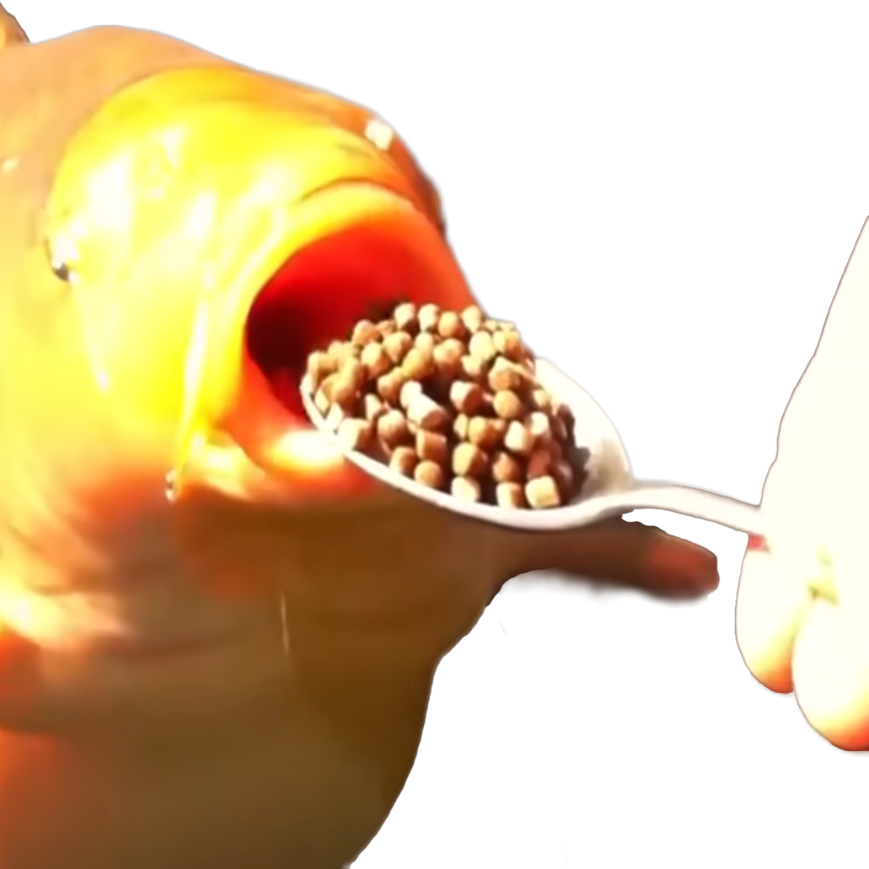 3·7 days ago
3·7 days ago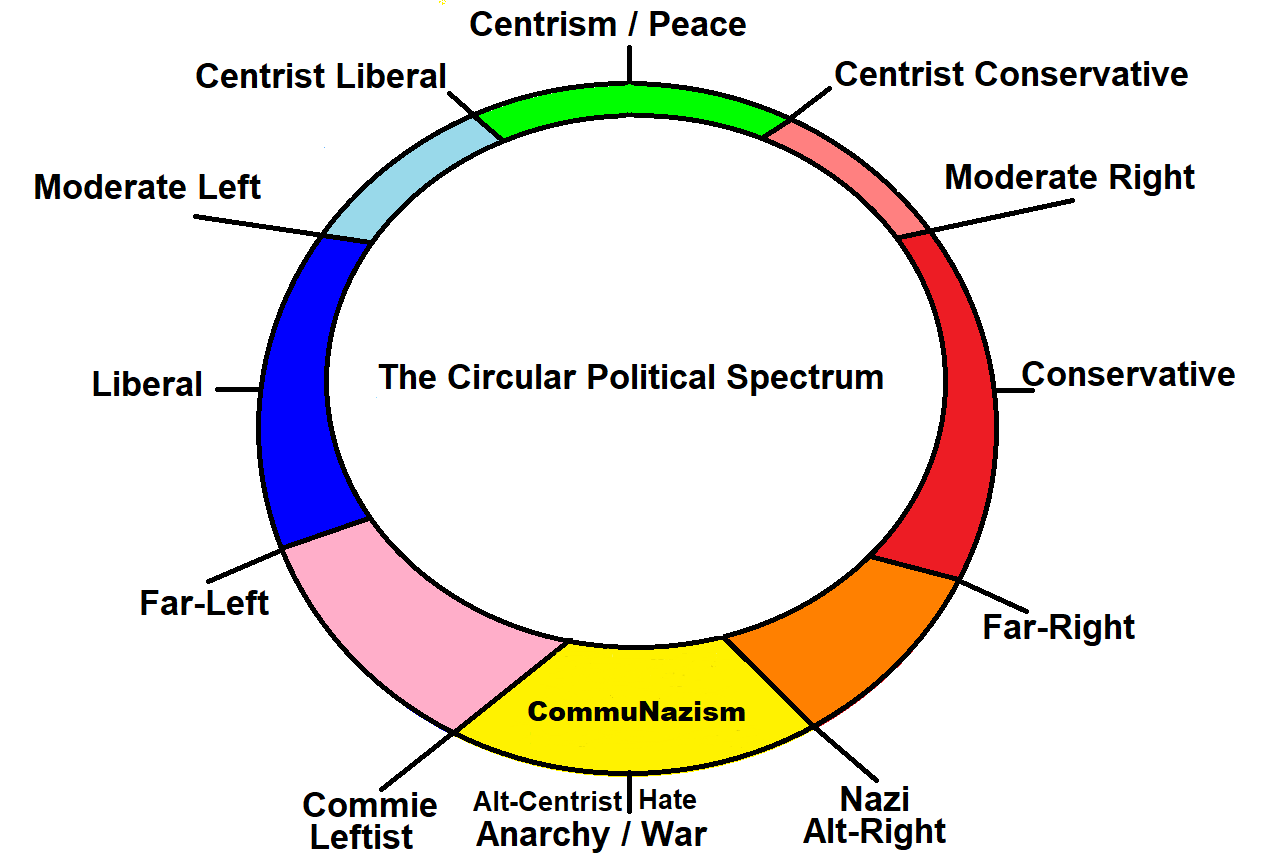
The politics understander has logged on.
They’re talking about the time Stalin genocided Ukrainians because they had nothing left to eat after he ate all the grain with a comically large spoon.
“The he/himmlers aren’t beating the allegations.”

 8·9 days ago
8·9 days agoIn an attempt to regain the love of gamers after being discovered hiring someone else to do his Path of Exile streams, Musk has a gamer moment in front of the whole nation.

 3·10 days ago
3·10 days agoBetter yet, harden his stool.

 83·10 days ago
83·10 days agoWhat people care about China stealing is stuff like a company’s internal research documents describing how to engineer high strength low, weight steel that took a team of PhD researchers in multiple high tech labs ten years and millions of dollars to research and develop.
Much better for those researchers to barely receive a cent of the money from the company’s profits while the result of their hard work can only be used by the corporation that hired them. \s

 241·10 days ago
241·10 days agoYou’re not the asshole. Your brother is the asshole for being a right winger.
Cheeto Hitler’s new term is gonna prompt a lot of people to perform a much needed purge of chuds in their social circle.

 17·11 days ago
17·11 days agoAlex Jones. He’s a reactionary conspiracy theorist who’s over the top mannerisms make him a living meme.






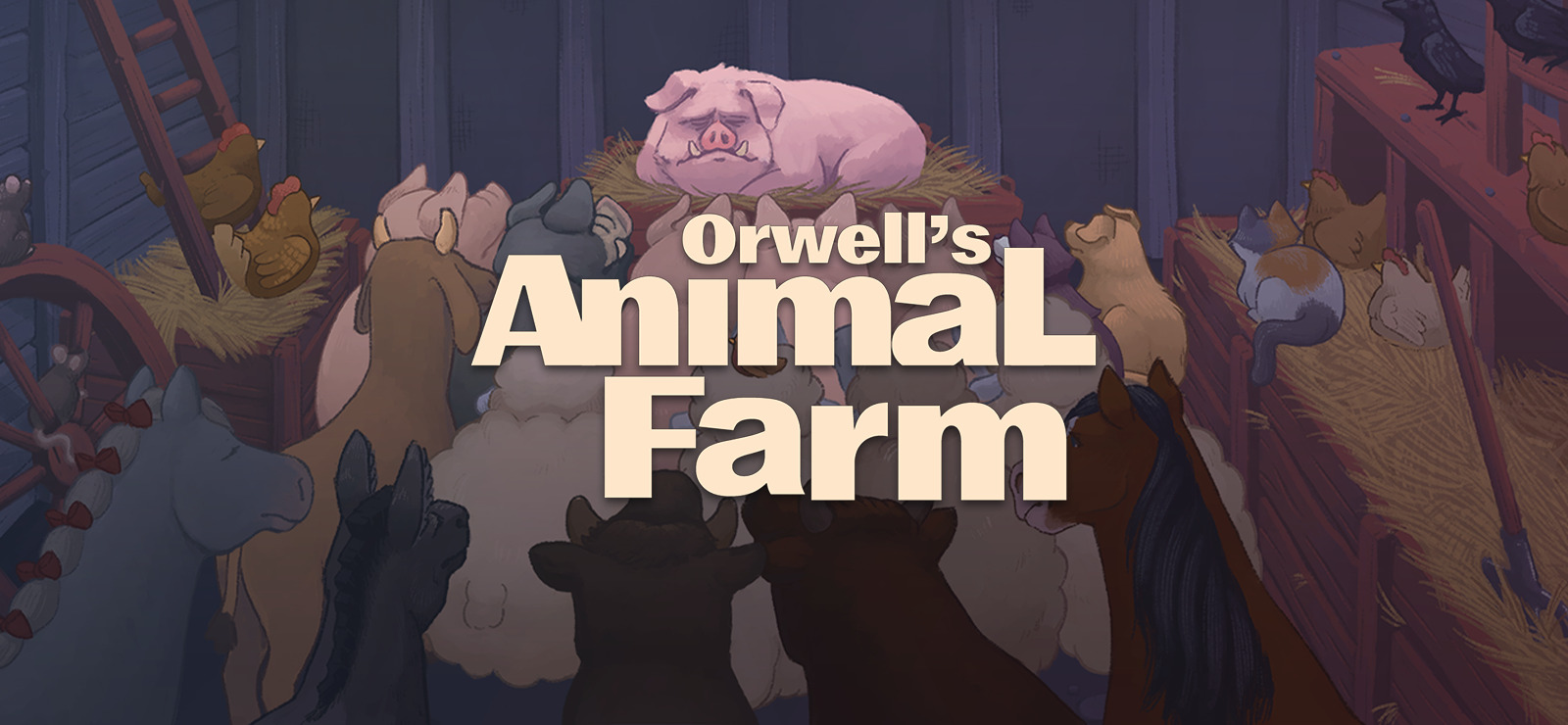
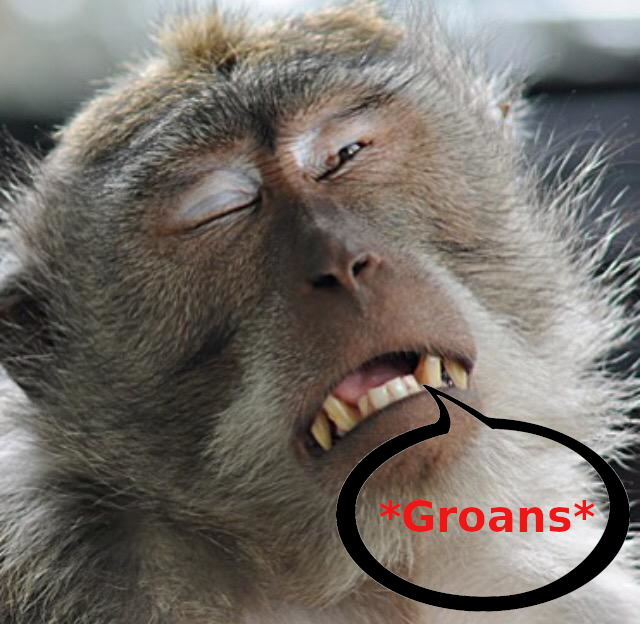




Remembering that Kissinger is dead is a good start to my morning.